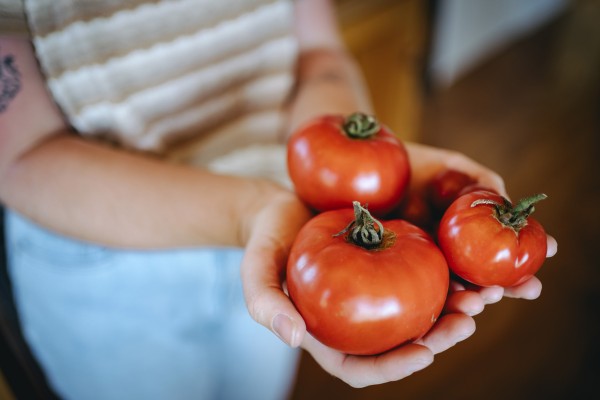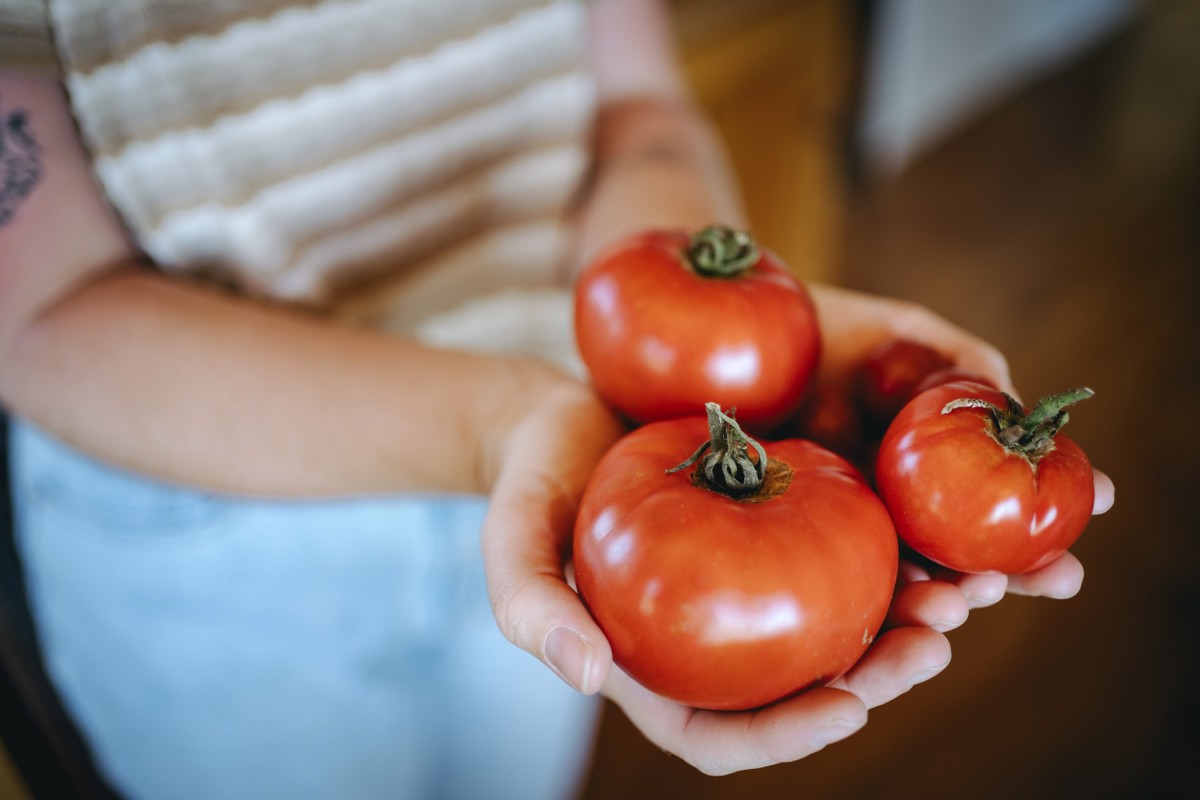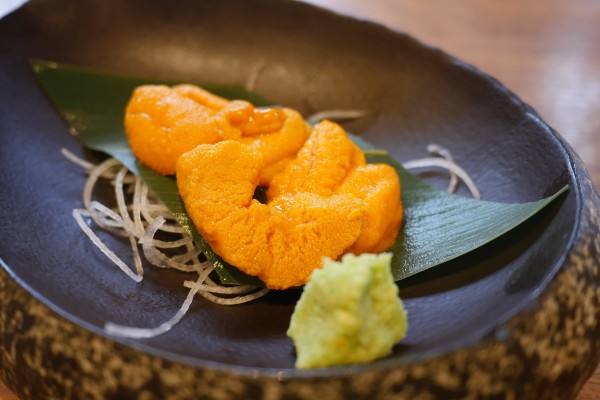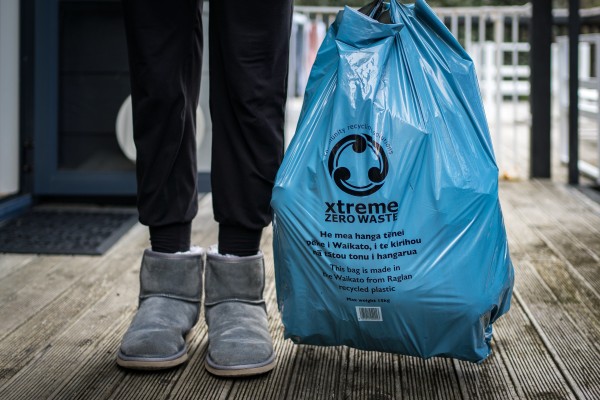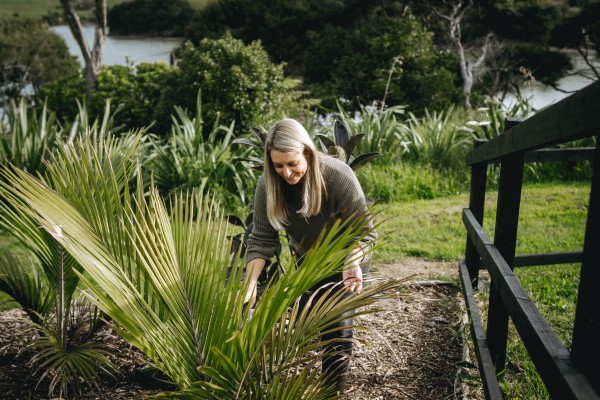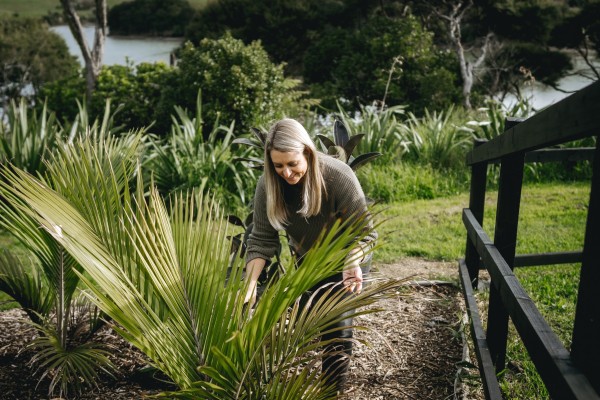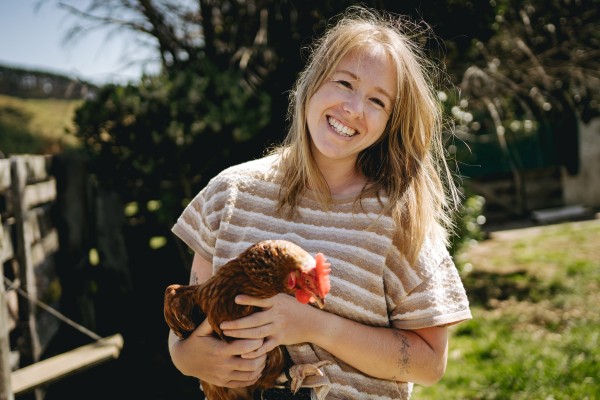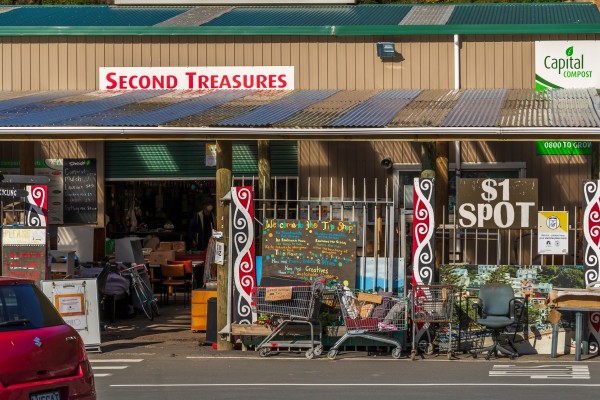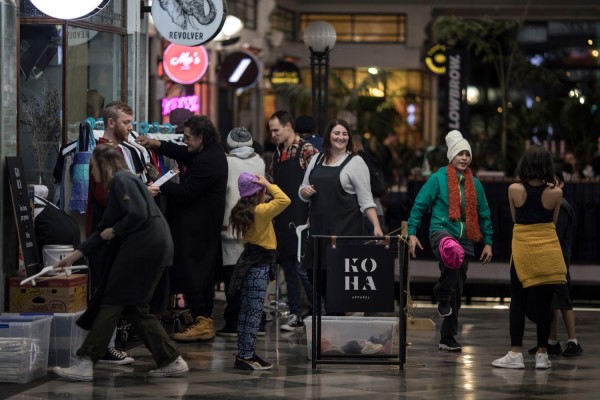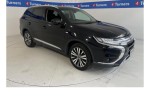A Quick Guide to Food Shopping and Groceries in New Zealand
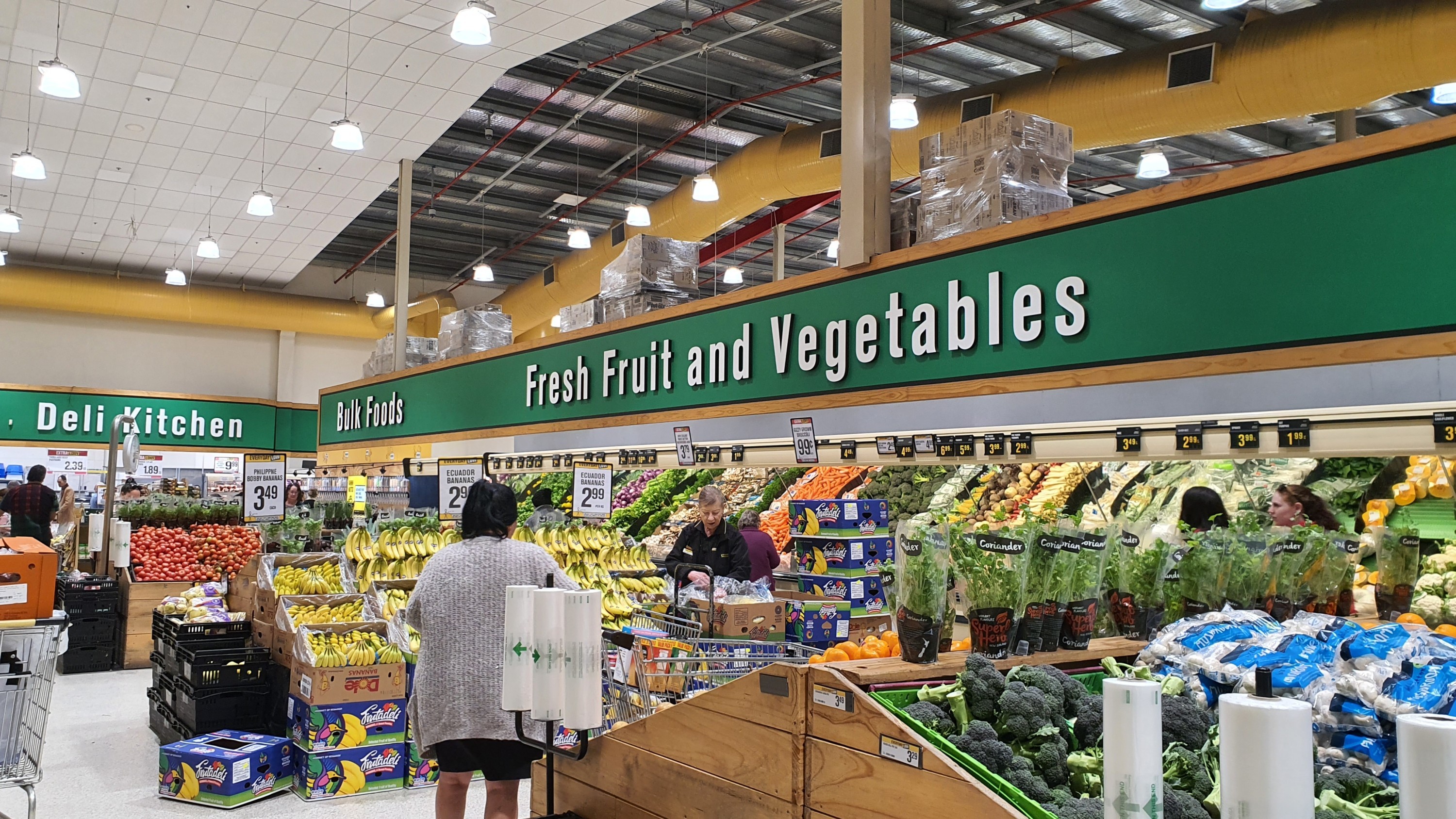
Moving to a new country can be an exciting adventure but comes with its fair share of challenges. Seemingly simple tasks can become more complex when you move abroad. One task you may take for granted is grocery shopping. Without your go-to brands or knowledge of the local produce, your first few trips to the supermarket will take longer than usual. One of the seemingly simple tasks that can become surprisingly complex is grocery shopping.
So, before you head to the supermarket In New Zealand, knowing what to expect can be a good idea. From supermarket chains to the difference in produce and prices, our food shopping guide can help you understand what to expect before you shop.
What is the difference between supermarkets in New Zealand?
New Zealand has two major players in the supermarket game: Foodstuffs and Woolworths. Foodstuffs owns New World, Pak n Save and Four Square, while Woolworth owns Countdown. FreshChoice supermarkets are also operated under franchise agreements with Wholesale Distributors Ltd, a division of Woolworths New Zealand.
The lack of competition between retailers is one of the reasons New Zealand has higher grocery prices than many other countries. Here, we’ll lay out the differences between each supermarket chain.
Countdown
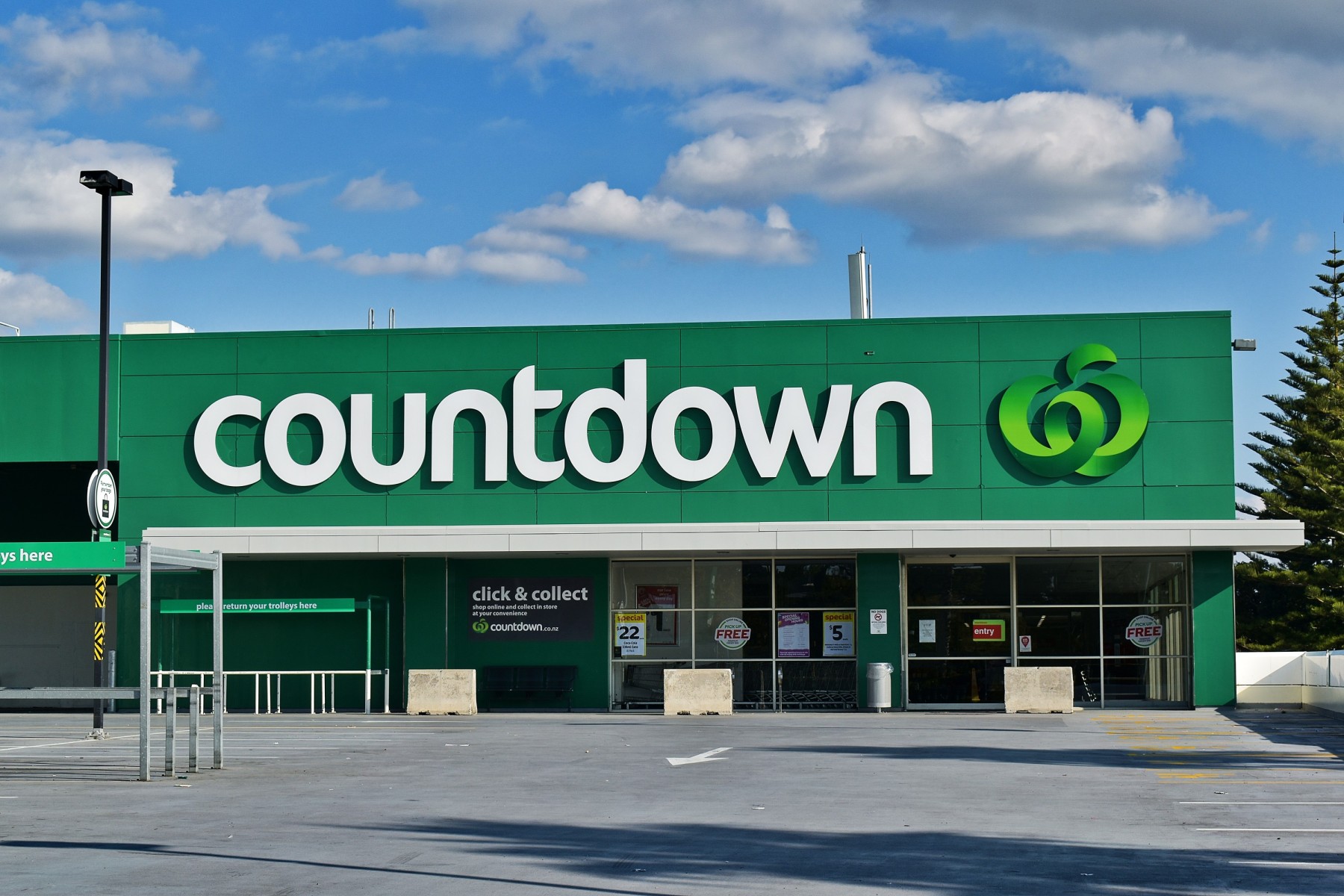
One of the largest supermarket chains, you’ll find Countdown supermarkets spread across the country. They offer a broad range of products, including fresh produce, meat, dairy, international brands, and the Countdown's own brand. Australians may notice that Countdown has similar branding to Woolworths supermarkets back home. That’s because they are one and the same! Countdown is planning to rebrand as Woolworths in New Zealand in the near future.
New World
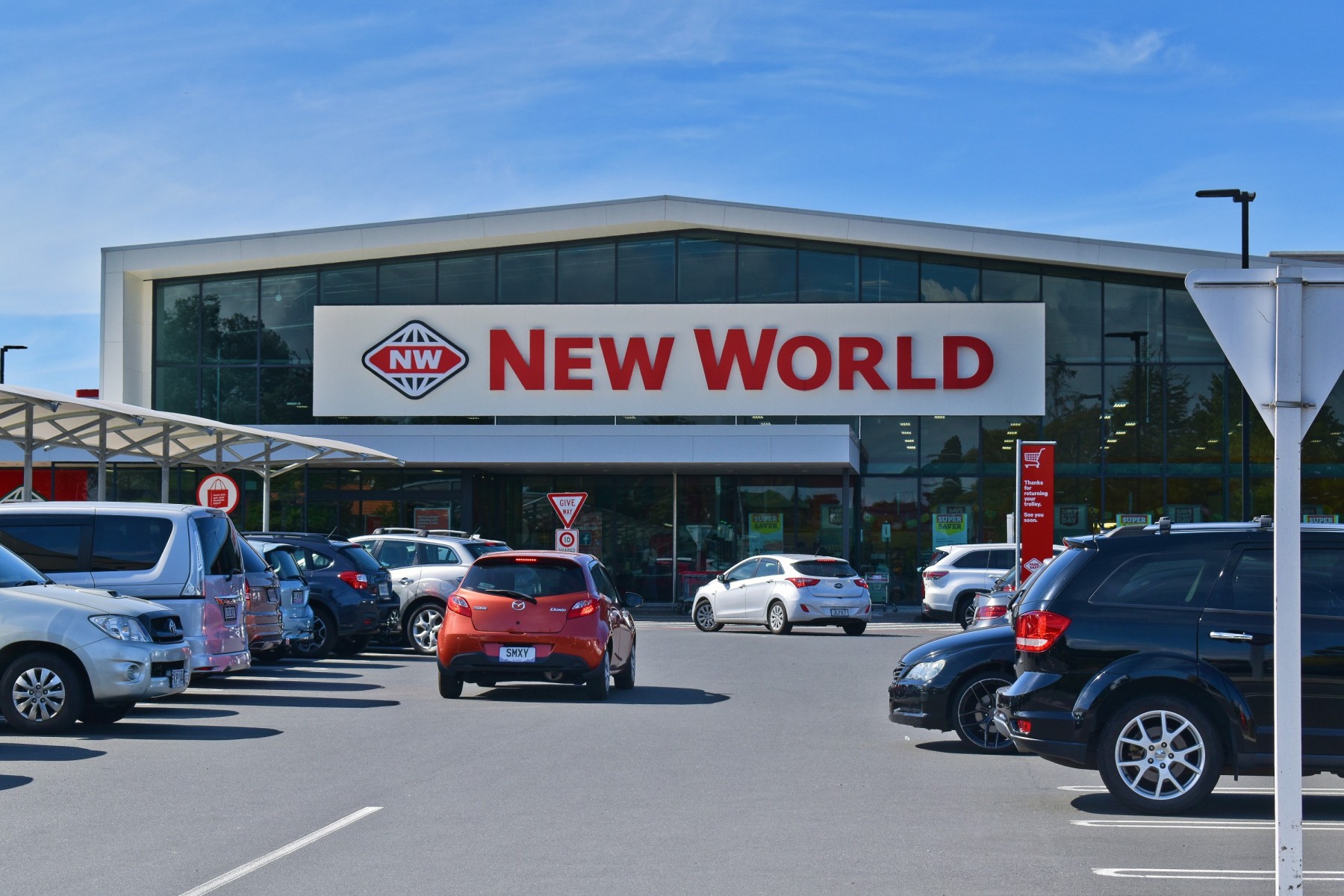
Known for its high-quality products, New World supermarkets are slightly more upmarket compared to Countdown. You'll find a diverse range of fresh and speciality items that differ from store to store, but keep in mind that prices might be a bit higher than other supermarkets. New World customers are usually looking for quality produce and a wider selection of goods than customers at other chains.
Pak'nSave
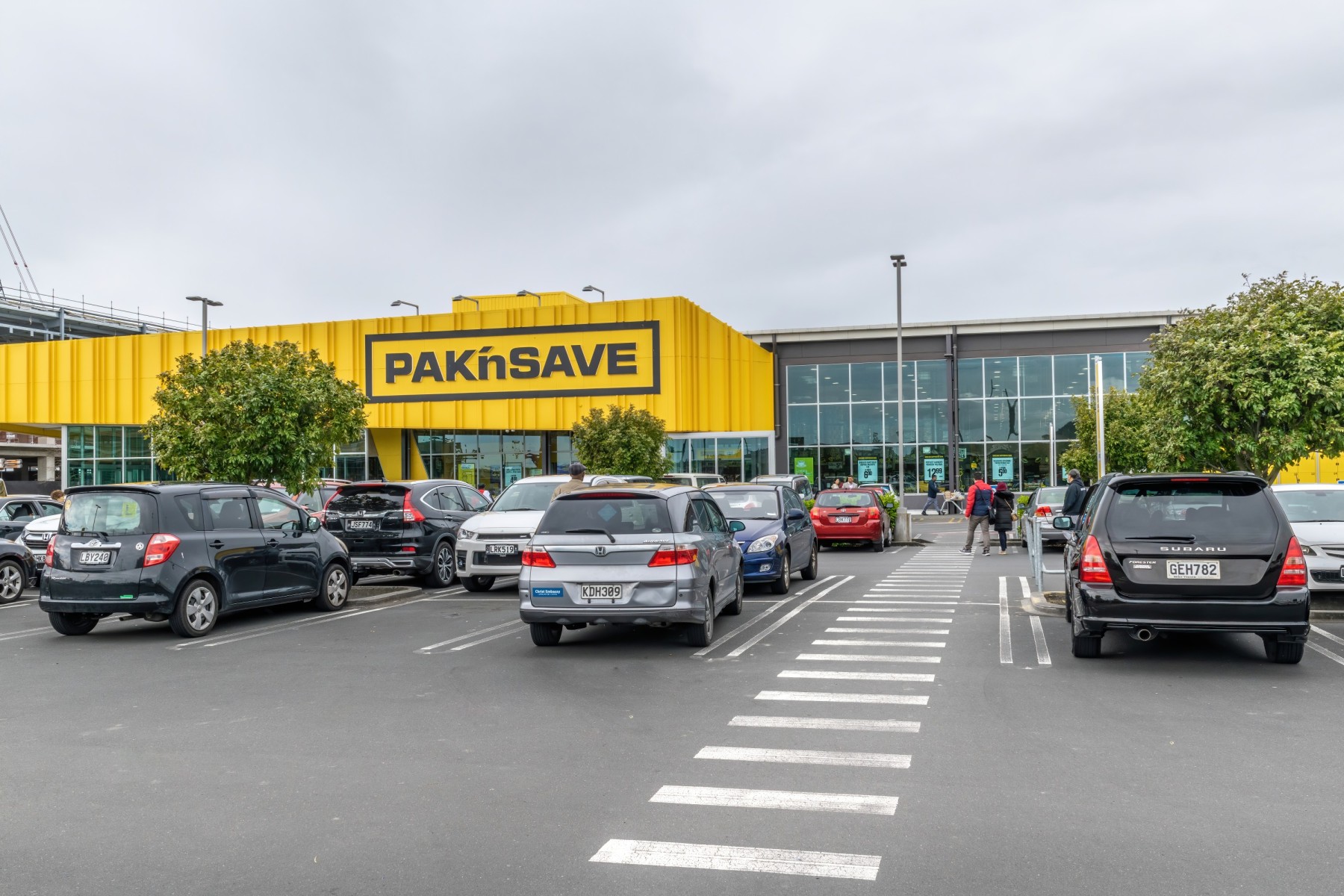
If you're on a budget, Pak'nSave is your go-to. With a focus on cost savings, this supermarket offers lower prices, often in a no-frills environment. It's an excellent option for bulk buying and essentials. There’s less selection at Pak’nSave stores than other chains, but your wallet will reap the benefit. As the name suggests, the stores also save money by having customers bag their own items.
Fresh Choice
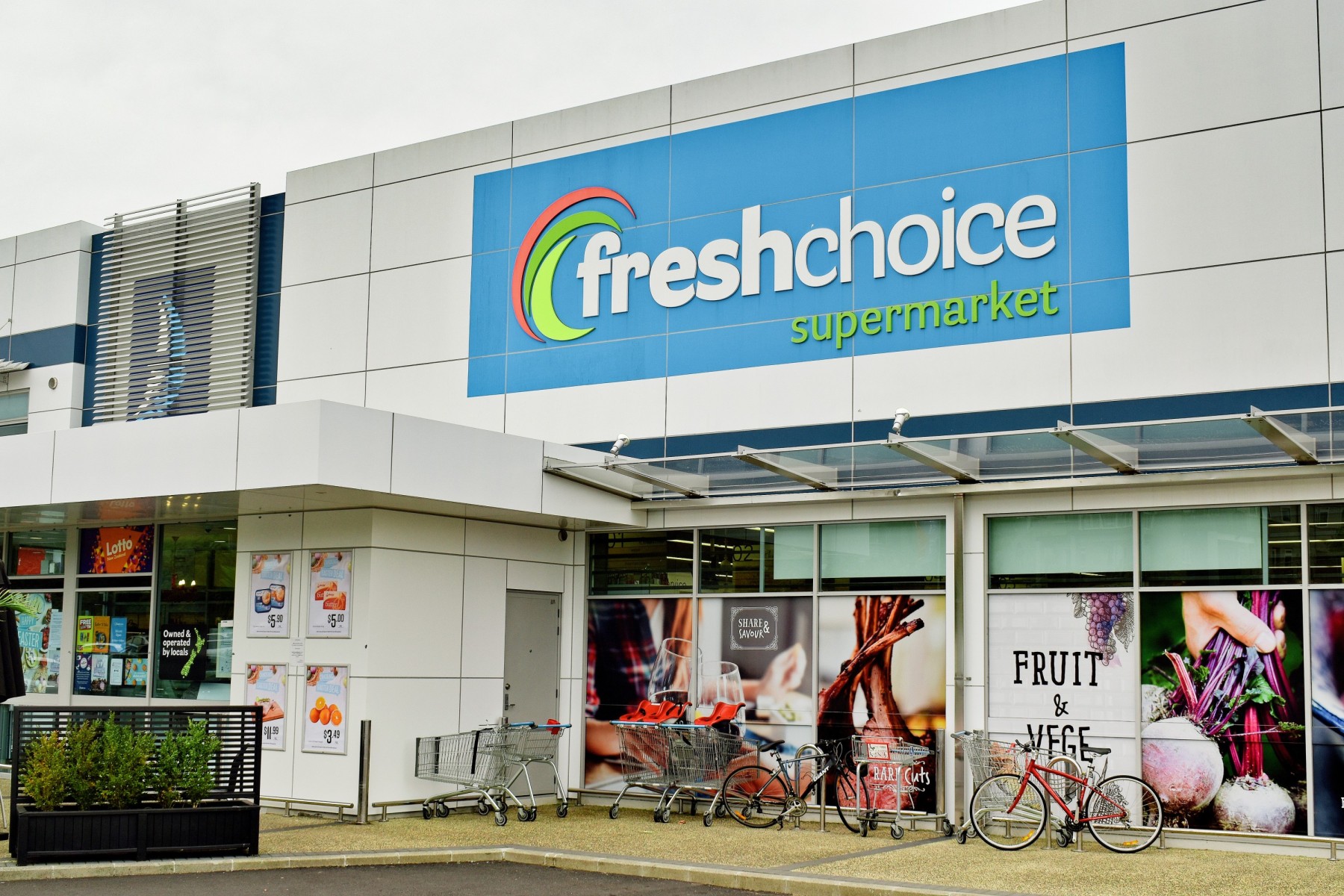
Fresh Choice is a franchise supermarket chain usually found in smaller towns or around New Zealand. Fresh Choice stores are often found in smaller communities. Expect to find a smaller selection of fruit, vegetables and pantry stables and slightly higher prices than the typical chain stores mentioned above.
Four Square
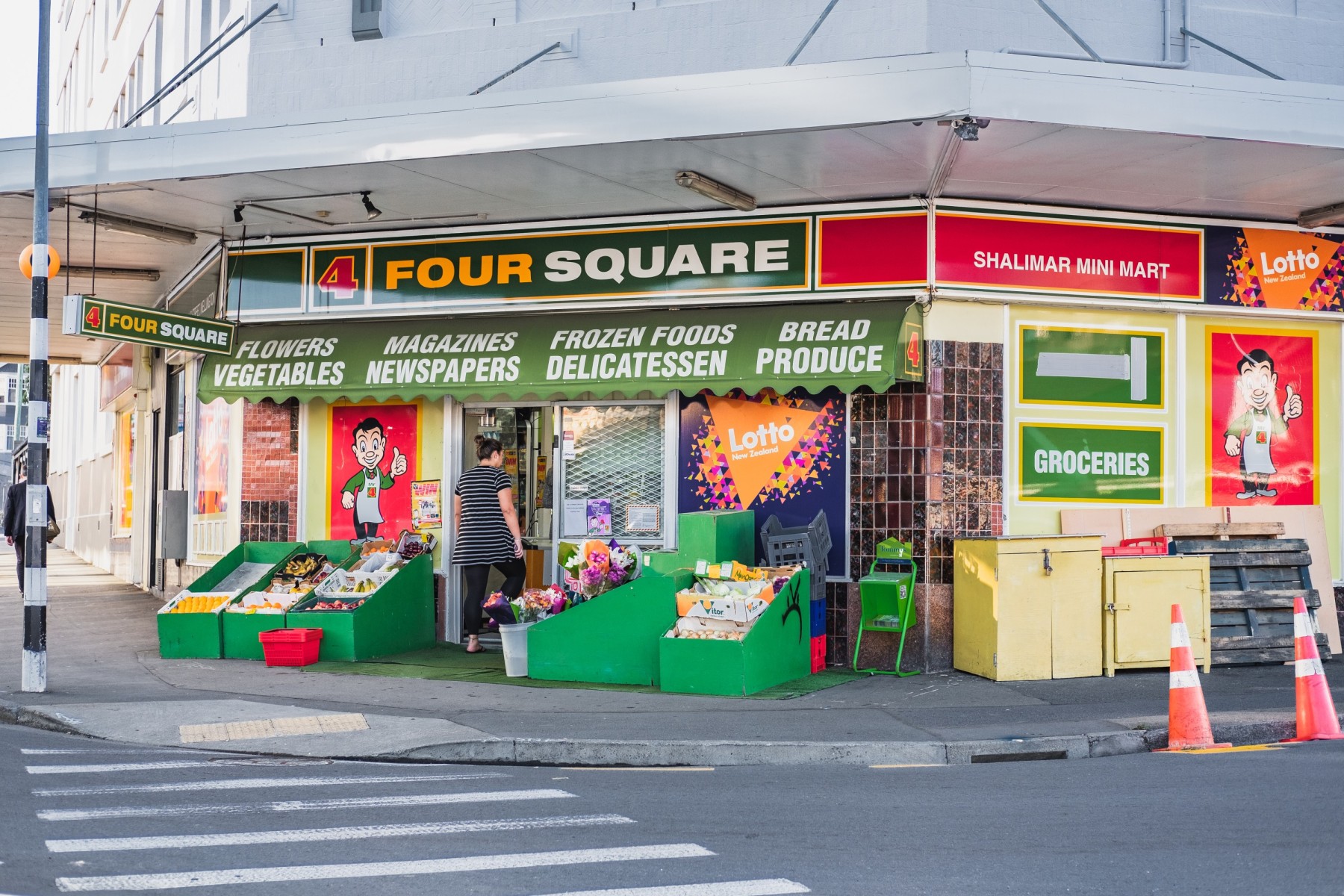
4 Square is a convenience store chain that can be found in both urban and rural areas. It's known for its smaller size compared to the larger supermarket chains, making it convenient for quick stops and essentials. Most 4 Squares in New Zealand are referred to as ‘dairy’s’. This is somewhere you might shop for bread, milk and other one-off essentials to top up the weekly shop. Larger Four Square scans be found in small towns around New Zealand.
Where else can I shop for food in New Zealand?
As well as supermarkets and grocery stores, many cities and small towns will have a range of options for food shopping.
Butchers: Speciality butchers are a great place to shop for New Zealand meats. While prices will differ from shop to shop, buying meat from a butcher is a great way to ensure you are paying for quality. Most butchers in New Zealand have a great selection of sausages, barbecuing, stewing and grilling meats.
Bakeries: Most small towns in New Zealand have local bakeries serving up fresh bread to the locals. However, PaknSave and New World have a great selection of breads made fresh in store every day.
Local Markets: Sunday food and farmers' markets are extremely common in towns and cities around New Zealand. This is a great, affordable way to shop for local fruit and vegetables, speciality cheeses, jams and other artisan foods.
Speciality stores: In larger New Zealand cities, you’ll find a range of speciality stores stocking commonly used Asian, Indian, Korean, Italian and Middle Eastern foods. These are great if you’re missing certain brands or flavours from home, or just want to make authentic local dishes from these areas.
How is grocery shopping in New Zealand different to overseas?
Grocery shopping in New Zealand could be quite different to what you may experience overseas for a few reasons:
Price
One thing that foreigners may notice when they move to New Zealand is that the price of food is quite steep. Despite most foods being grown locally, New Zealand ships a lot of its best produce offshore. Meat, cheese and other dairy products may even be more expensive than New Zealand products in Europe and the UK.
Selection
New Zealand's emphasis on local agriculture and the country's climate means that most of the food available is grown locally. This impacts the availability and affordability of certain fruits and vegetables throughout the year. Eating seasonally while you are here is a great way to save money.
Quality
Locally produced food may be more expensive than what you’re used to, but it has an upside. New Zealand food is known for being great quality. Most fruits and vegetables are grown outside (rather than in hothouses). New Zealand is known for its rich, fertile soils which are conducive to producing high-quality food.
Taste
New Zealand has stricter food laws than some other food markets. As a result, there are fewer artificial dyes and flavours and less added sugar than many processed foods (especially foods from the United States).
Convenience
New Zealand has embraced the convenience of app-based shopping. Both New World and Countdown offer online shopping and delivery (for an added fee). There are also grocery shopping-based apps that will deliver groceries to your home within a few hours of ordering.
Sustainability
New Zealand banned the use of single-use plastic bags in 2019. Supermarkets offer canvas bags for around NZ$3.00 or paper bags for NZ$0.50c each. However, it’s a good idea to get used to bringing your own bags to the supermarket.
Payments
Kiwis don’t tend to use cash when they shop. You’ll find that electronic credit and debit cards are widely accepted, even at the farmers market. Apple and Google Pay are also accepted at most of the large supermarket chains.
What do our customers say?
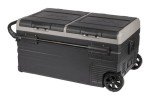


For every (wise)move







